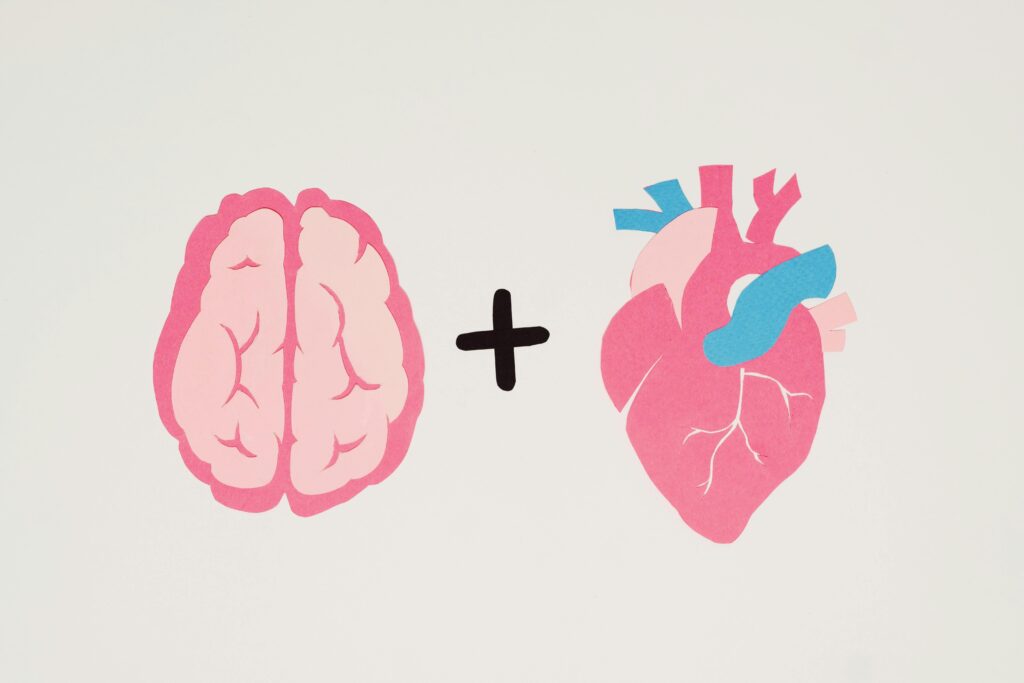
Last Updated on 09/25/2024
”Letting go of toxic is an act of self-love and self-care…”
After a long and difficult relationship, once the storm calms and the dust settles, people often wonder why they were stuck in a toxic relationship for so long.
What possessed they to stay when they could have walked away at anytime?
Toxic relationships are like being caught in ‘quicksand’—the more you try to leave, the quicker it sucks you in… – Anna Rose
Many people struggle with toxic relationship cycles. You are not alone in this…
People often find themselves in toxic love relationships due to a combination of factors, including unresolved childhood wounds, low self-esteem, lack of self confidence, fear of being alone and or not having healthy relationship models.
Those who seek validation or comfort in love, leading them to overlook ”red flags” or unhealthy dynamics.
Moreover, the familiarity of these patterns can create a sense of comfort, even if the relationship is harmful.
Understanding why these patterns form and persist is crucial for breaking free from toxic relationships and on to building healthier connections.
You could be the smartest and most capable person but still find yourself in toxic or dysfunctional relationships…
Additionally, having emotional attachment issues can cloud judgment, making it difficult to recognize when a relationship is not good for us.
People might hold onto the hope that their partner will change or that love alone can fix the problems.
As a result they cling on to the idea of ”potential” or a ”fantasy version” of their ideal relationship.
Ultimately, the interplay of emotional needs, past experiences, and fear of loneliness can trap individuals in cycles of toxicity, making it challenging to break free.
What is EQ?

Emotional intelligence (EQ) refers to the ability to recognize, understand, manage, and reason with our emotions. Our ability to understand our emotions as well as having empathy for others emotional state as well.
High Emotional Intelligence:
- Self-Awareness
- Emotional regulation
- Strong Social skills
- Strong communication skills
- Emotional resilience
- Empathy
Low Emotional Intelligence:
- Poor communication skills
- Inflexibility
- Poor Emotional Regulation
- Victim Mentality/ Tendency to Blame Others
- Defensive/ Easily Triggered
- Lack Self-Awareness
- Poor decision making skills
In relationships, it’s essential to use emotional intelligence alongside your logical intellect.
Emotional intelligence is what allows us to respond instead of react...
Having a logical mind in love and relationships is not enough.
Many very successful people who excel in their careers, even individuals who are extremely popular and well-liked, still face many romantic relationship woes due to problems with emotional intelligence.
Low emotional intelligence often leads to repeated relationship patterns, where people find themselves in same relationships but with different people.
Reasons People Stay Stuck in Toxic Relationships
- Emotional Dependency
- Low Self-Worth
- Fear of being alone
- Trauma Bonding
- Hope for things to turn around
- Fear of walking into the unknown
- Guilt/ Shame
Breaking the Toxic Cycle

It is better to end toxic relationships and cry once, than to stay and cry daily…
Recognizing the patterns is the first step towards breaking free from toxic relationship cycles. What next step to take once you realize you deserve better:
- Seek professional help: A professional can provide guidance and tools for healing and building healthier relationships skills.
- Work on self-esteem: Developing a stronger sense of self-worth is crucial for attracting and maintaining healthy connections.
- Strengthen you emotional intelligence: Educate yourself on how to build a stronger EQ.
- Practice self-compassion: Be kind and patience with yourself as you navigate this challenging process.
- Build a support network: Surround yourself with positive, supportive people who can offer encouragement and perspective. Choose those that choose you!
- Set and enforce boundaries: Learn to establish and maintain healthy boundaries in all your relationships. Not only that, but stick to them without comprising your needs.
Breaking free from toxic relationship cycles is challenging but possible. With self-awareness, support, and commitment to personal growth, you can create healthier, more fulfilling connections in your life. Remember, you deserve love and happiness. You don’t have to settle for less or lower your standards.



